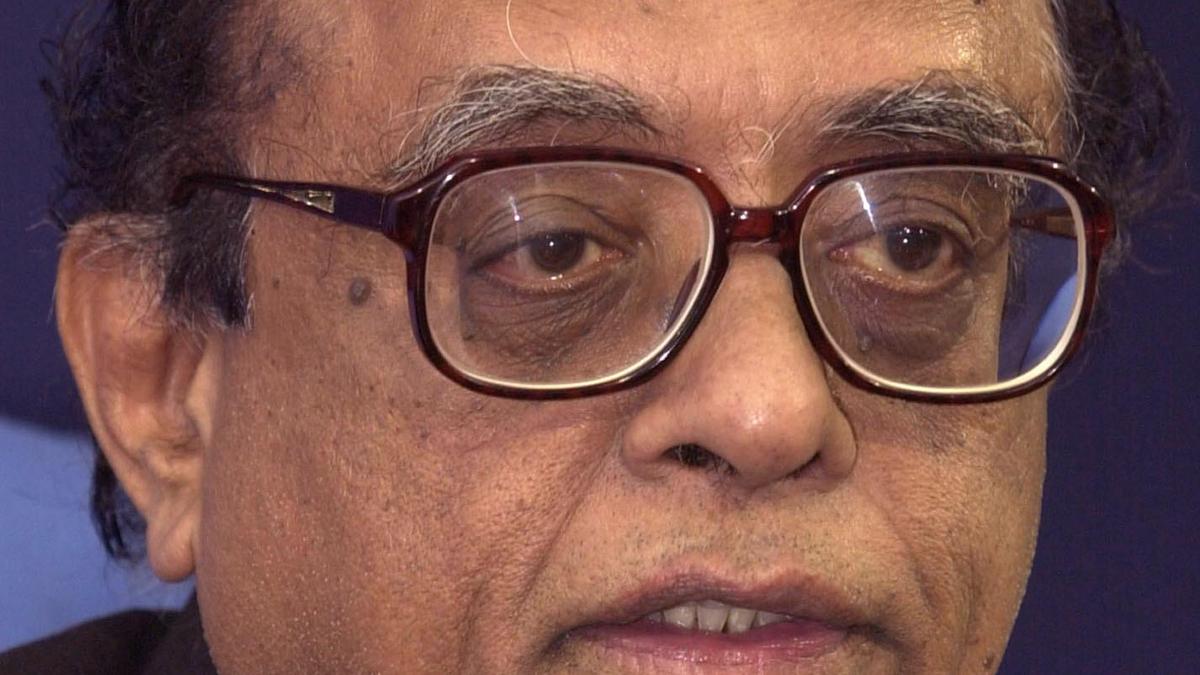The government is hopeful of doubling exports of organic products from India in 2025-26 to $1 billion, compared to the previous fiscal, and is set to announce new guidelines for National Programme for Organic Production (NPOP) and initiatives to increase traceability for ensuring greater credibility in exports, officials said.
“The idea is if that if I am selling organic mangoes to Europe then everybody who is buying the mangoes there gets to know where these mangoes actually come from. The organic products can be tracked back to the fields or the wine yards. That is the idea we are trying to come up with in the NPOP new guidelines together with that traceability portal and the new NPOP portal..,” said Rajesh Agrawal, Additional Secretary, Department of Commerce, at an interaction with the media on Wednesday.
On January 9, a revision of the NPOP 2014 will be announced, a decade since the last revision, and regulations will be aligned with developments that are taking place in the organic field across the board, especially in the US and the EU, Agrawal added.
More clarity and transparency
The guidelines will bring in more clarity and transparency in the processes while strengthening the regulatory oversight through data analytics, per the Commerce Department.
The government is hoping to grab a greater share of global organic exports, estimated at about $140 billion annually. ”We are just half a billion ($0.5 billion) right now. The idea is to cross $1 billion next year and then maybe lay down a larger path for ourselves…We have worked with the FSSAI, the Cooperation Ministry and the Agriculture Ministry to come up with these guidelines. We intend to work with all the stakeholders to see that we are able to get a credible organic ecosystem,” Agrawal said.
The revised NPOP guidelines will focus on simplification and clarity, transparency, revision of sanctions and appeal procedures for enhanced deterrence, revised sanction catalogue with enhanced penalty and streamlined appeal procedure.
The country’s food testing infrastructure is also set to expand in a holistic way to boost exports with the Export Inspection Council, an arm of the Commerce Department, working on a detailed study on gap assessment on food testing infrastructure for exports.
“…we are doing a deeper analysis commodity and area-wise. We are trying to find out gaps in our food testing infrastructure. We hope that the study will be over in 2-3 months and after that we will come up with a full plan of how to expand our infrastructure in a more holistic way,” Nitin Kumar Yadav, Joint Secretary, Department of Commerce, said at the briefing.
The EIC is signing mutual recognition agreements (MRAs) and MoUs for different products with different countries so that the EIC’s mechanisms and processes are recognised the world over, he said.
India’s tobacco export is likely to cross ₹13,000 crore ($1.52 billion) in FY25, growing about 8 per cent over exports worth ₹12,005.89 crore ($1.4 billion), per a senior government official.
“India is the second largest exporter of unmanufactured tobacco (quantity terms) after Brazil. Tobacco exports contribute sizable foreign exchange to the Indian exchequer. This year, we are going to cross ₹13,000 crore…Tobacco farmers income has also doubled over the last 5 years,” Rajesh Agrawal, Additional Secretary, Department of Commerce, told reporters on Wednesday.
India is the second largest producer of tobacco in the world after China and the fourth largest producer of Flue Cured Virginia (FCV) tobacco (used in cigarettes) in the world after China, Brazil and Zimbabwe.








Leave a Comment